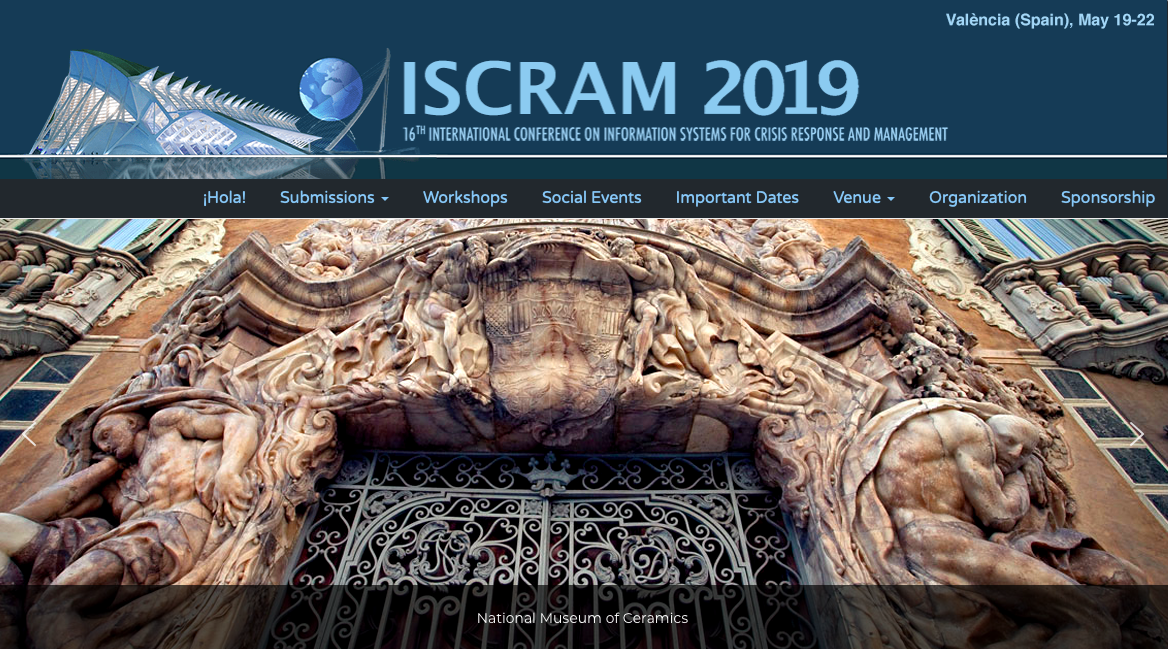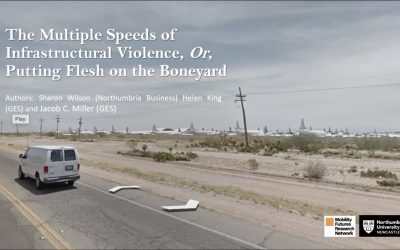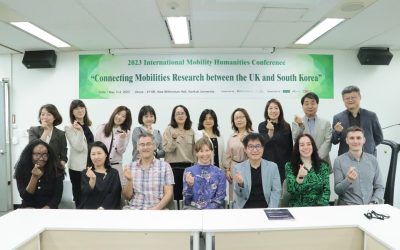Monika Buscher is a keynote speaker at the 16th International Conference on Intelligent Systems for Crisis Response and Management in Valencia, 19-22nd May. She will be discussing Futures of Disaster Response.
Making IT Personal: Radically Reflexive Resilience
The 21stCentury has been labelled the century of disasters. Yet individuals and societies are doing too little, too late to prepare for or prevent disasters. One reason is a lack of personalisation. People do not feel disasters will affect them. This is particularly true with regard to slow-motion disasters such as climate change, biodiversity loss, soil erosion, or antimicrobial resistance, but acute disasters emergency warningsand evacuation orders can also be met by optimistic bias (‘It won’t happen to me/here’). Personalisation and intelligent context-driven computing can triangulate personal risk factors (such as location and vulnerability) with predictive disaster risk data to dynamically issue personalised warnings and guidance. It can save lives. However, a ‘solutionist’ turn to computational personalisation could further entrench ultimately destructive patterns of disaster risk governance and a false sense of security that can, paradoxically, increase risk.As the Anthropocene unfolds, many slow-motion disasters are producing more, and more intense, acute disasters, from extreme weather to epidemics. These arise from the cumulative personal lives of 7.7 billion humans, with risks highly unequally distributed. In this talk, I show that attention tograssroots creativity that personalises responsibility for risk assessment and disaster risk governance can enhance communities’ capacity to live well with risk, with technologies of participation, collaborative sensing, measurement, collective intelligence and coordination, for example around environmental monitoring, citizen science, and crisis informatics. By delineating hopeful projects that push the development of technologies of humility, I will raise the bar for ambitions of personalised and context-driven computing to support radically reflexive resilience.
Monika Büscheris Professor of Sociology at Lancaster University in the UK, Director of the Centre for Mobilities Research. She is the academic lead for the Social Research Impact AA (2019-2022) and leads research on social practices of mobility and risk governance in a range of projects, e.g. isITethical?(2017-2018), SecInCoRe(2014-2017), BRIDGE(2011-2015). Monika initiated the www.isITethical.euplatform, which develops guidance for digital ethics and responsible innovation in collaboration with the Public Safety Communications Europe Network. She received an honorary doctorate from Roskilde University, Denmark for her work on participatory design. She edits the book series Changing Mobilities(Routledge) with Peter Adey.




